Why do you think Creative Class is an important project to be part of?
When I was the age of the young women/non binary people involved, I found it extremely difficult to find any way into the arts. I didn’t have any role models to support me to visualise a working life in the arts because it’s an inaccessible industry to get into. It is full of hierarchies and a class system that prevents people from different backgrounds feeling like they can aspire to a life where they can make art and make a career of it.
For me, it’s also important to have the opportunity to interact with younger artists who might be feeling the same way as me when I was their age, and who may not yet have the words to articulate it. Seeing and getting advice from artists who live and work in the North West, who are from similar backgrounds, would’ve been really impactful for me at their age. It’s about being part of a project that encourages solidarity between creative, working-class people.
What themes are coming up on the programme at the moment?
We’ve noticed that the groups that we’re working with are responding to things that are coming up in the news and on social media. Sometimes the conversations we have with young people are concerned with injustices across the world (i.e. Trump/Palestine), and sometimes they are based on identity such as feminist and LGBTQIA+ issues.
Issues with confidence are really prevalent across all of our sessions, despite the young women/girls/nonbinary and trans people being at college, university and being great artists in their own right. The young people we're working with are from working-class backgrounds, making it difficult to articulate stuff like ambition and imagining a different world or lifestyle.
Some of the people we're working with don’t want to talk about themselves as an artist, which is interesting considering where and what kinds of backgrounds they're from. What does the word ‘artist’ mean, and what does that mean in terms of class, gender, background, taste etc?
For me, the whole purpose of this project is for everyone involved to gain confidence and see that there are other people doing what they want to do in the future. And actually, maybe it’s also a gendered thing that women/trans/non binary people find it difficult to imagine having a different kind of life. For example, caring responsibilities might be a reason to stay in your hometown whilst others try living abroad, which may open up new prospects and development opportunities. Young people with caring responsibilities often grow up too quickly and feel that they are needed at home.
"People having the power to print for themselves is a fundamental mainstay of political activism"
What have you and the young people enjoyed so far?
The recent trip we made to London was great to spark conversation and inspire the young people to see the world differently - like what's on offer outside of their local area. We spent the day at Whitechapel Art Gallery and saw an exhibition by Peter Kennard called The Archive of Dissent which used collage as a method of resistance and activism. Our young producers (another core group within the Creative Class project) were really excited by the exhibition and spent a long time in the space thinking about the radical potential of publishing, collage and direct action.
Doing stuff and learning by doing is really important, like when the young people visited the print room at Metal Liverpool to experience the process of screen printing. We plan to do this more in the future across the programme, but with different techniques and methods that the group may not have been shown in the past. Making these resources and ideas accessible is super important to do that learning together.
Much of the time, there is no print offer in educational spaces like colleges, so the means of production and radical nature of the printing press is lost or under-explored. People having the power to print for themselves is a fundamental mainstay of political activism. For example, during the AIDS epidemic in the 80s, screen printing allowed for underground experiences and stories to reach people. Much of those printed texts and pamphlets gave people facts and figures outside the main media, and provided information and advice to people who may not have access to those services elsewhere. It’s another example of solidarity and community for groups who feel alienated from the mainstream media.
It's a shame that there are so many resources in universities and institutions that are off limits to former students and working class communities, and that we’ve lost access to that form of dissemination (zines/posters etc.). These methods have potential to give people a renewed sense of autonomy.
What's coming up next in the project?
The next part of the project will involve Learning Circles. These sessions are planned by lead artist Fox Irving and educator Sarah Bailey, and supported by mentors from Women Working Class (WWC) NW. These sessions so far have a flexible framework aiming to neutralise traditional mentoring relationships, with the intention to create peer-to-peer learning dynamics where everyone learns from each other.
The first learning circle will happen on 27th February and will be the first time that all three groups come together in the same space, including mentors from the WWC NW group, young producers who’ve been with the project for some time, and a group of young people from colleges and schools across St Helens and Knowsley. These Learning Circles will be mixed, ranging from trips and conversations, to opportunities for sharing and learning together whilst doing things with our hands.
Download the first os a series of zines Rhonda created with the young people at the Creative Class workshop.
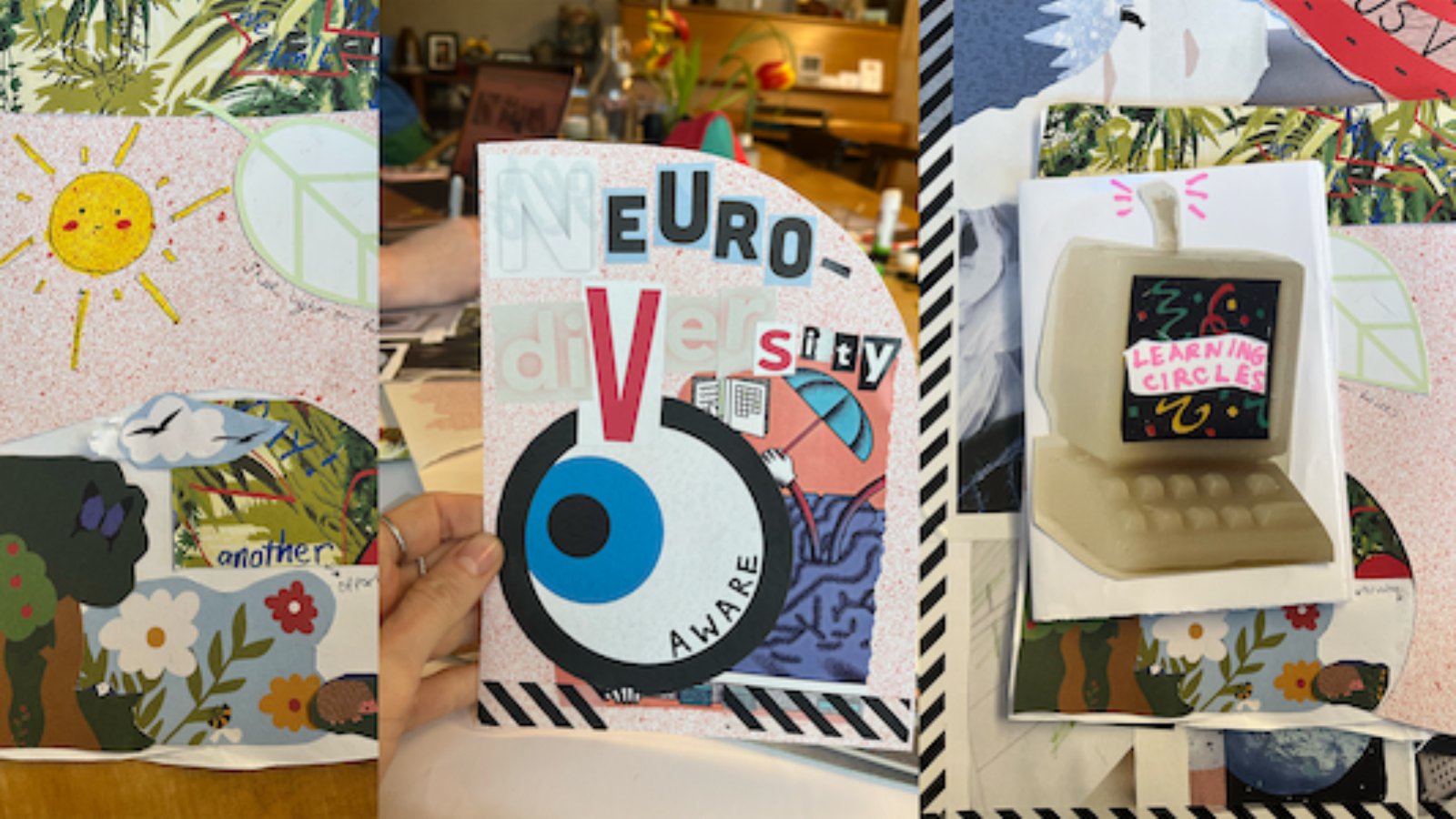
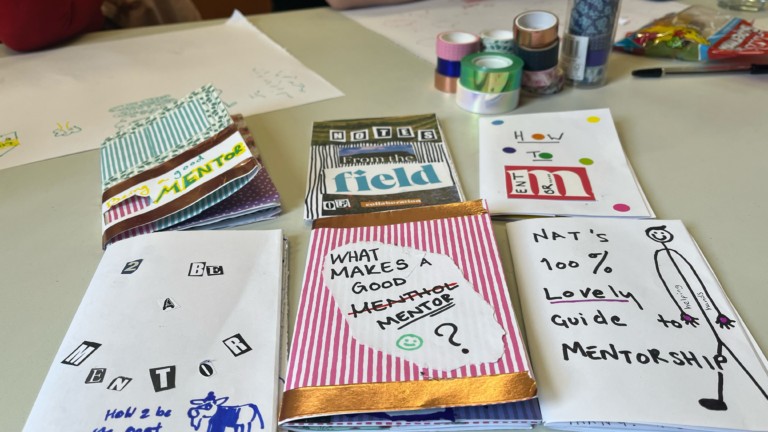
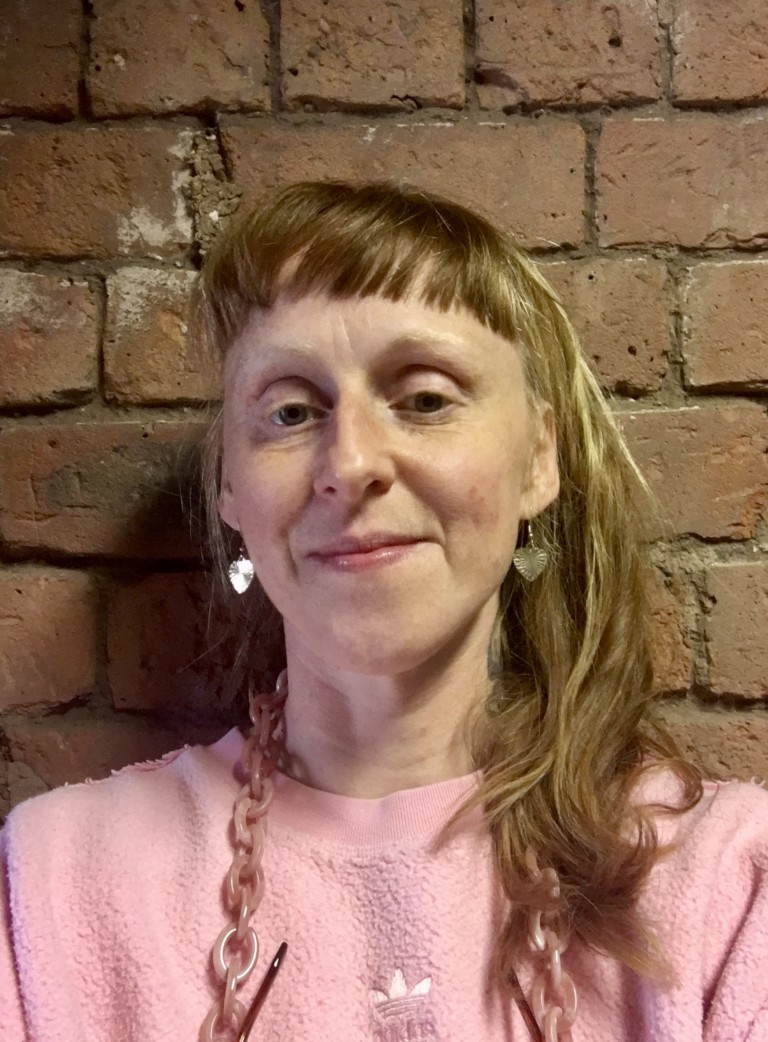
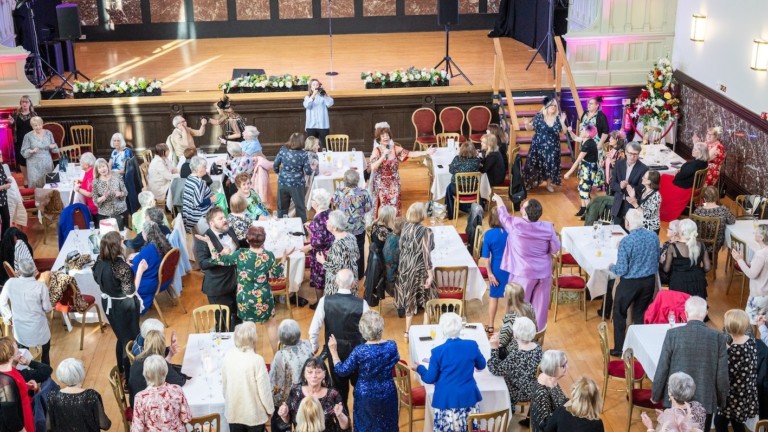
 News
News Short Read
Short Read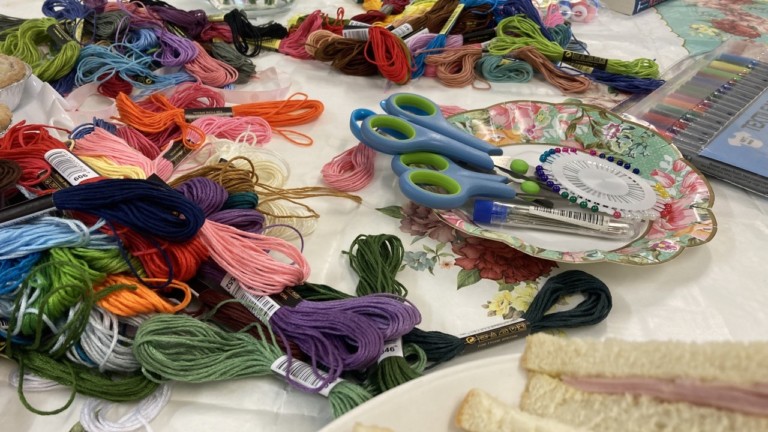
 Free
Free
 On Now
On Now